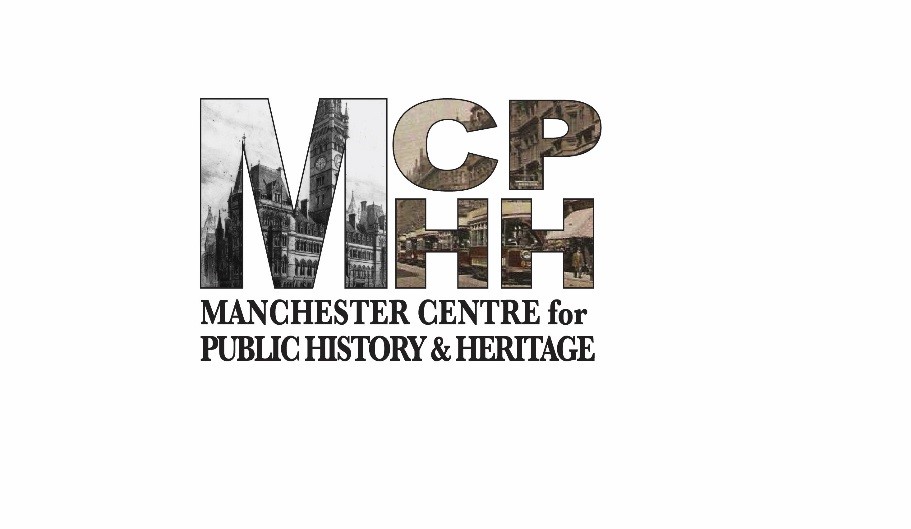- 200 years
- Study
- International
- Business and employers
- Research
- About us
The Manchester Centre for Public History and Heritage is organising a two-day conference on the politics of public sculpture.

Manchester Centre for Public History and Heritage
On-going events in the United States concerning the removal of Confederate soldier-statues, together with similar discussions here in the UK linked to various memorials and monuments from the age of Empire make clear that despite living in an era of increasingly 'virtual memory', public sculpture continues to draw – and provoke – engaged political debate. Prompted by these contemporary ‘culture wars’ and in order to provide a space in which scholars, heritage professionals and interested members of the public might gather to interrogate the politics of commemorative sculpture, the Manchester Centre for Public History and Heritage is organising a two-day conference for 20 – 21 April 2018. Papers or panels on the following topics, themes and subjects are especially encouraged:
The above list is not exhaustive, and those wishing to present on similar issues across different cultures and chronologies are very welcome to submit a proposal. Abstracts of c.300 words, plus a one page CV should be sent to Sam Edwards at s.edwards@mmu.ac.uk by Friday 26th January 2017.
The conference will include the launch event for the new Manchester Centre for Public History and Heritage (MCPHH). The MCPHH builds on the long-established work of the Manchester Centre for Regional History, established in 1998. The MCPHH aims to bridge the gap between academia and the public and become recognised internationally for excellence in publicly engaged research.
Monday, 20th November 2017
